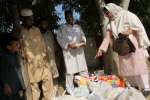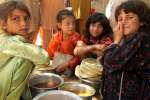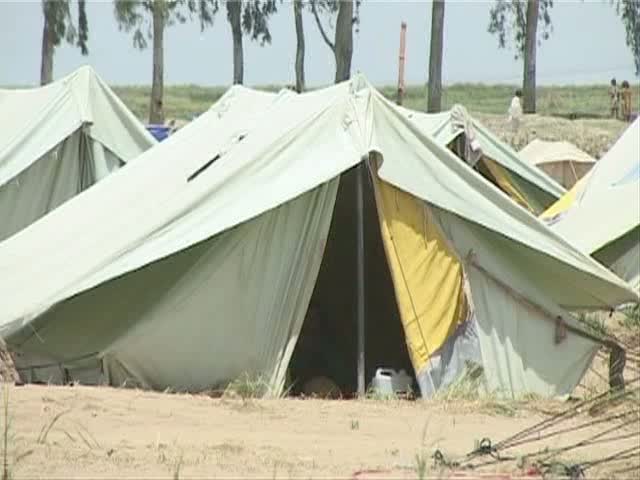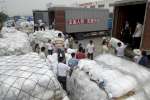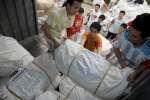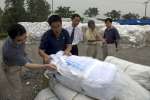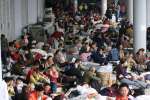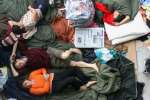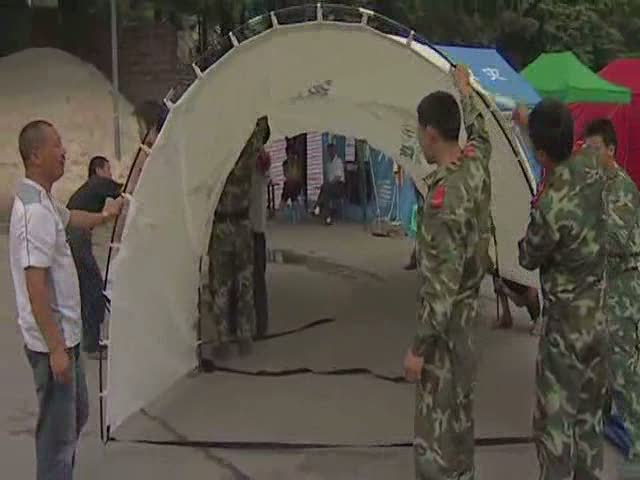Home > What We Do > Assistance > Shelter
Shelter
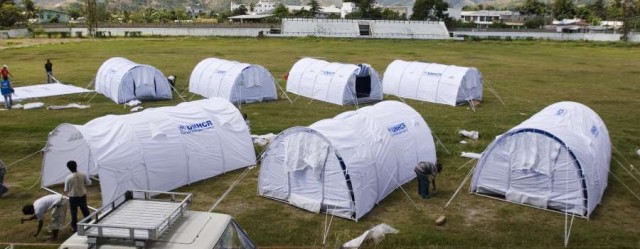
A Roof Over their Heads
One of the first things that people need after being forced to flee their homes, whether they be refugees or internally displaced, is some kind of a roof over their head. Providing shelter is a priority for us and the UNHCR logo emblazoned across the side of tents is a recurring image of our role at the centre of many of the world's humanitarian emergencies.
The job of our Supply Management Service, based in Budapest, is to ensure that stockpiles of tents are available when the need suddenly appears. The goal is to store tents for 250,000 people - 50,000 tents - at three centres UNHCR has established in Dubai, Copenhagen and Durban, South Africa.
UNHCR uses two types of tents, depending on needs. One is a lightweight emergency tent that is compact and can be made more quickly than the canvas model. However, its shelf life is less than the canvas tents that UNHCR has manufactured in India and Pakistan.
The agency's responsibilities have grown, especially with the inter-agency global cluster system for IDP (internally displaced people) field operations. UNHCR shares leadership of the emergency shelter cluster with the International Federation of Red Cross and Red Crescent Societies (IFRC).
The refugee agency leads in conflict-generated displacement, while the IFRC leads in natural disaster situations. In this role, UNHCR is also responsible for training personnel, stockpiling shelter and related non-food items and developing emergency shelter strategies, tools and guidelines.
Emergency shelter is not just tents. It also includes distribution of materials such as plastic sheeting and matting - which can be used to make a simple shelter - as well as other non-food items.
And UNHCR does not restrict its shelter assistance to emergency situations. In more protracted situations, the refugee agency funds rehabilitation of communal shelters or construction of new homes. In some cases, UNHCR provides the uprooted with the materials to build homes themselves under self-help schemes.



